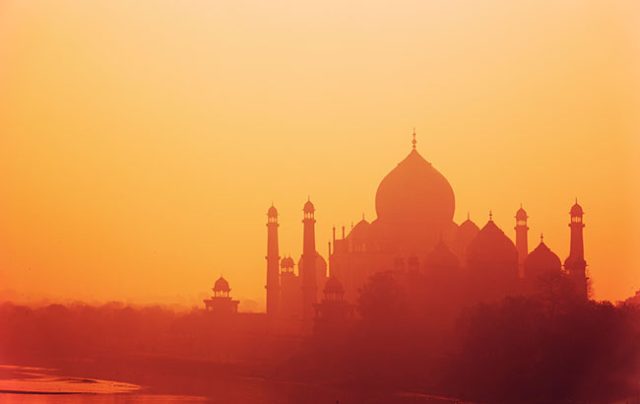This website uses cookies so that we can provide you with the best user experience possible. Cookie information is stored in your browser and performs functions such as recognising you when you return to our website and helping our team to understand which sections of the website you find most interesting and useful.
Diageo: halving India tariffs would make ‘meaningful difference’
By Rupert HohwielerConsumers in India could enjoy a 7.5% reduction in spirits prices should the region’s 150% tariff laws be halved, Diageo said.

India is one of the world’s biggest whisky markets but the country’s tough import tariff laws have stopped Scotch from exploding in the market there.
In 2007, India’s tariffs dropped from more than 600% to 150%, which is the maximum tariff that the country can impose on wines and spirits under World Trade Organization rules.
A free trade agreement (FTA) between the UK and India has been mooted for a number of years.
When asked about the situation at a media briefing on Tuesday morning (30 January) following the release of its results for the six months to December 2023, Diageo addressed the benefits that halving the current tariff laws could have.
Diageo’s chief financial officer, Lavanya Chandrashekar, said that should the 150% tariff be halved, it would make a “meaningful” difference.
“At the current 150% duty rate, that translates to about 15% of what the consumer pays at the till when they buy one of our products. So if the duty rate halves that’s about 7.5% off for consumers as they purchase,” Chandrashekar said.
Diageo’s first half of fiscal 2024 results revealed a 9% increase in sales in India by value, but a 16% decline in volume, indicating consumers are trading up to more premium products. In comparison, net sales in India grew by 17% in the year to 30 June 2023.
In terms of the likelihood of an FTA happening, Dan Mobley, global corporate relations director at Diageo, quipped: “It’s always the hope that kills you”.
However, he explained: “FTAs are complicated. India hasn’t historically been attracted to FTAs until recently and it doesn’t have that much experience in negotiating them.
“We understand both sides of negotiating and have made a lot of progress across the whole deal. We’re not aware of any particular sticking points that are related to Scotch.”
Mobley said the time period was “quite narrow” and the “signals have been sent pretty clear”, with both regions holding elections this year. He added that both main political parties in the UK were committed to an FTA deal, and that if there was an agreement, the company would like it “sooner rather than later”.
Growth in China
When quizzed about the anti-dumping investigation into Cognac in China and if it helps whisky’s cause in the region, Chandrashekar said whisky was still “really small” compared to baijiu, which covers the vast majority of alcohol consumed in China.

Diageo’s organic net sales saw double-digit growth in Greater China (up by 18%), but this was primarily driven by Chinese white spirits.
The company distributes baijiu producer Shui Jing Fang. Diageo owns a majority stake in its parent firm, Sichuan Shuijingfang Company.
Chandrashekar noted, though, that introducing whisky to China “takes time”.
She said: “The variety of Scotch whisky that’s out there – the smoky ones, the fruity ones… coming from all over, the variety is tremendous. It will take time for consumers in China to get to love whisky and try it, and adopt it. So I think we are committed to continuing investing.
“We’ve done business in China that has done very well, and that’s coming off a very restrictive environment because of Covid-19.”
Diageo revealed that its organic net sales dropped by 0.6% in the first half of fiscal 2024, which the company mainly attributed to inventory issues in the US and the ‘volatile’ market in Latin America and the Caribbean.

